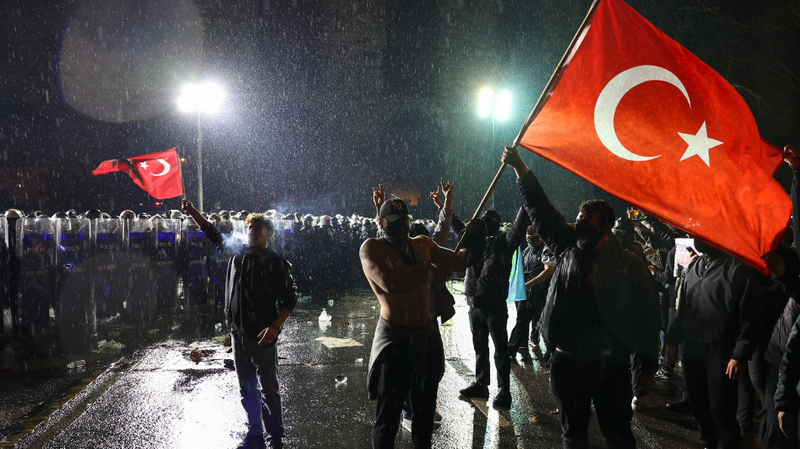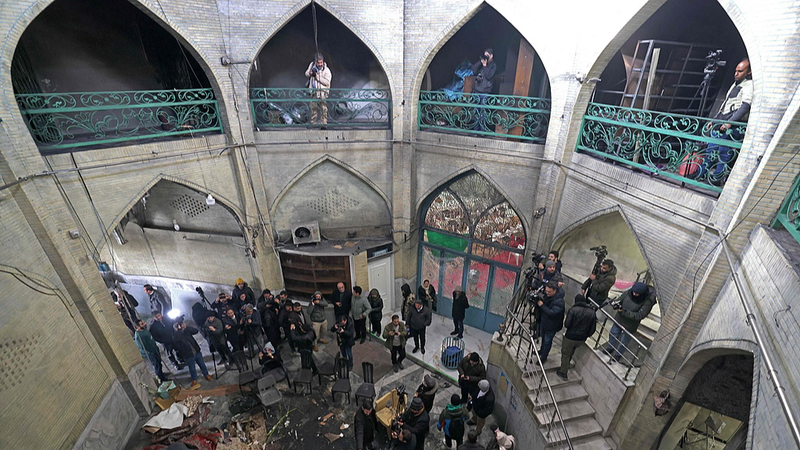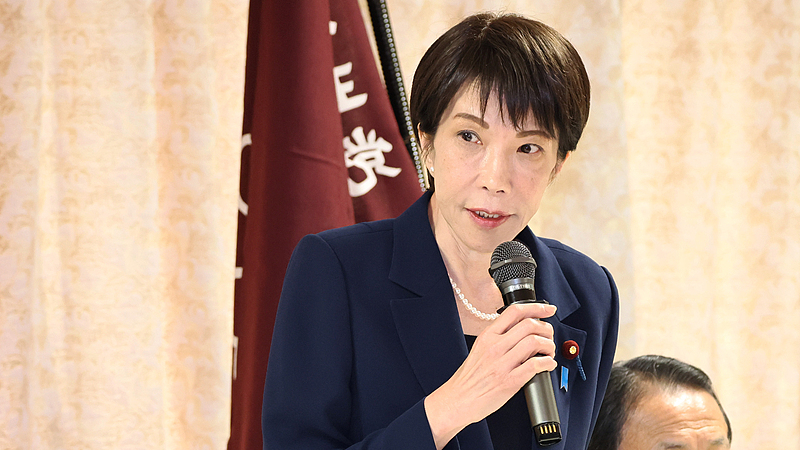In a dramatic turn of events, Türkiye's opposition has vowed to stay the course, even as protests continue to intensify following the arrest of Istanbul's opposition mayor, Ekrem İmamoğlu, on corruption charges that his supporters fiercely deny.
After a mass rally that drew hundreds of thousands in Istanbul, opposition leaders announced a strategic shift: from centralized demonstrations to localized events across Türkiye's 81 provinces and specific districts in Istanbul every week. This pivot comes at a time when the nation is observing a public holiday marking the end of Ramadan, underscoring the opposition's determination to blend civic engagement with public celebration.
The Turkish Interior Minister Ali Yerlikaya reported that nearly 1,900 people have been detained since the protests began, with courts holding 260 of them pending trial. In a further indication of the unfolding intensity, a Swedish reporter was recently detained, drawing additional international attention to the events.
Turkish President Recep Tayyip Erdogan, a dominant figure in politics for more than two decades, has dismissed the ongoing protests as a mere "show" and cautioned the Republican People's Party (CHP) against provoking further unrest. In response, CHP leader Özgür Özel, who has stepped in as the party's chief spokesperson while İmamoğlu remains in Silivri prison, emphasized that the protest movement is far from over now that protesters are planning gatherings in different provinces every weekend and in varying districts of Istanbul on Wednesdays.
In a message delivered from prison through his lawyers on X, İmamoğlu stated, "Those who think that we will not be able to celebrate the holiday are very wrong! Because we will definitely find a way to be together!" His resolute words have struck a chord among young global citizens and activists alike, contributing to discussions on democratic accountability and the power of civic engagement.
The unfolding events in Türkiye offer not just a glimpse into national political dynamics, but also resonate globally. Observers note that the transition to localized protests could signal a broader trend of decentralized activism in an era where digital connectivity and grassroots mobilization are reshaping political landscapes worldwide.
Reference(s):
cgtn.com




